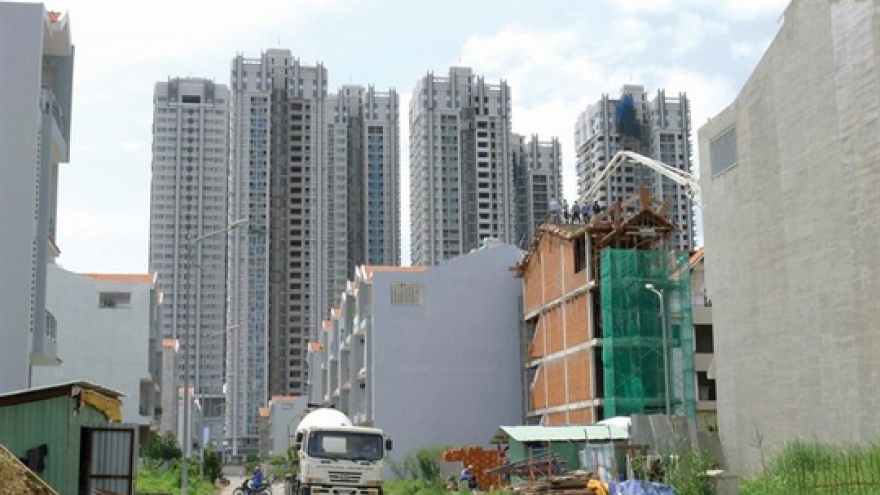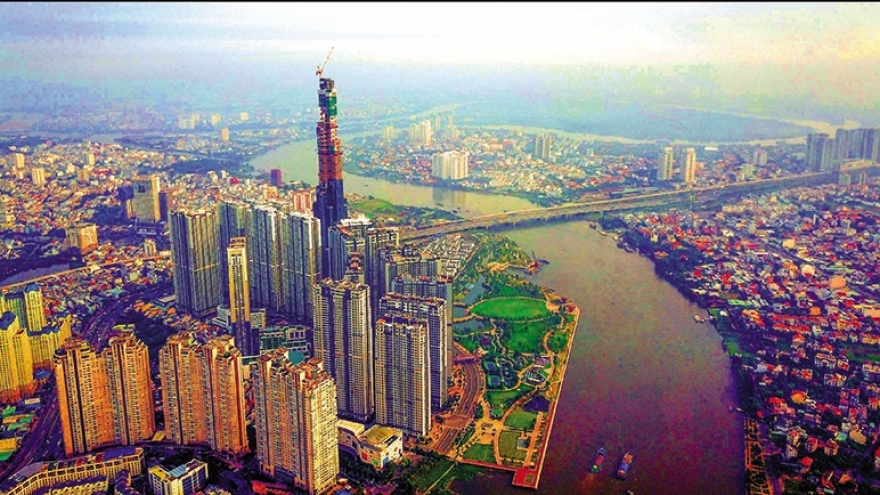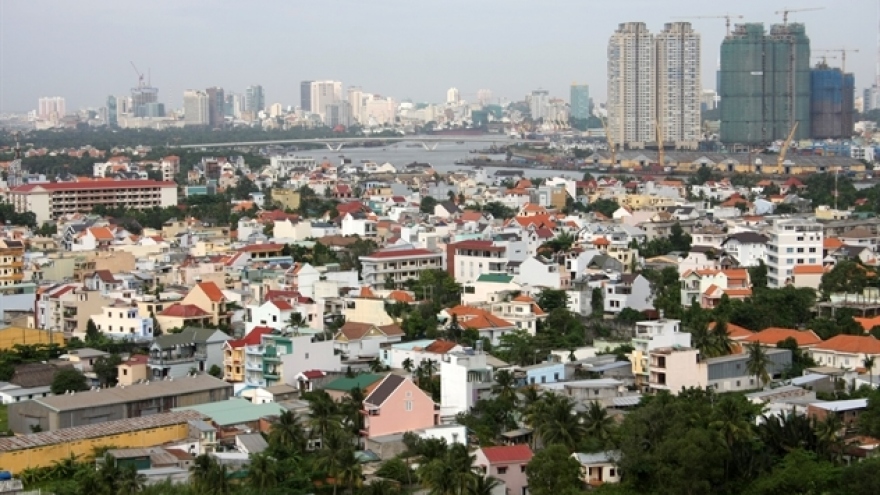Foreign real estate developers flock to Vietnam
Together with Singapore, Malaysia, and Indonesia, Vietnam is one of the first priorities of foreign investors in infrastructure and real estate development.
 |
“Both infrastructure and real estate are booming in Vietnam. Foreign investors are aware of this developement and they are looking for more opportunities in these fields," See told VIR at the conference named “Infrastructure and Real Estate Development– Challenges and Opportunity” held on June 27 by the Royal Institution of Chatered Surveyors (ASEAN) in Ho Chi Minh City.
Held in Vietnam for the first time, participants of the conference discussed different issues related to the Vietnamese infrastructure and real estate market.
The conference touched on current and future infrastructure and real estate projects, the partnership between the government and international organisations in financing the projects, the development of metro lines and residential projects in Vietnam, the funding system, and investment opportunities in projects, as well as contractual challenges and interface issues in infrastructure and real estate projects.
Vu Van Phan, deputy director general of the Housing and Real Estate Market Management Agency under the Ministry of Construction, said that infrastructure was the most significant factor in the development of the real estate market.
Phan listed out several examples of how the price of real estate in central and outskirts areas in key cities sharply increased after plans to upgrade infrastructure were revealed, which could negatively impact the market since it could lead to the formation of a bubble.
“Like in many other countries, the development of the infrastructure system in Vietnam is closely linked to the real estate market and the government should map out solutions to limit all of the negative impacts,” Phan said.
The Vietnamese government has been also actively mobilising investment private sources to develop the infrastructure system and real estate market.
Especially, since 2015 the government has been permitting foreign visa holders to buy apartment units in Vietnam under certain conditions. Foreign companies, meanwhile, are also permitted to lease and re-lease properties.
The Vietnamese infrastructure construction industry continues to expand at a rapid pace over the forecast period (2017-2021), reflecting higher investments in infrastructure projects, especially in critical projects in the transport, energy, telecommunications, and water sectors.
According to Timetric’s Infrastructure Intelligence Centre (IIC), the infrastructure construction market’s value is projected to reach $572.2 billion by 2021 in nominal value terms.
With the GDP growing at 6.81 per cent in 2017, with construction contributing 33.34 per cent, foreign direct investment reaching $35.6 billion in 2017, up 44.4 per cent compared to 2016. The construction sector grew the fastest at 8 per cent and continues to be the most attractive sector for investors in 2018.
Vietnam has also become the region’s hottest property market which contributed to its economic growth.
Hanoi and Ho Chi Minh City have seen real estate sector transactions reach a total volume of more than $2 billion in the last two years. CBRE Real Capital Analytic studies show that transaction value in residential projects increased from 6 per cent in 2016 to 39 per cent in 2017.



